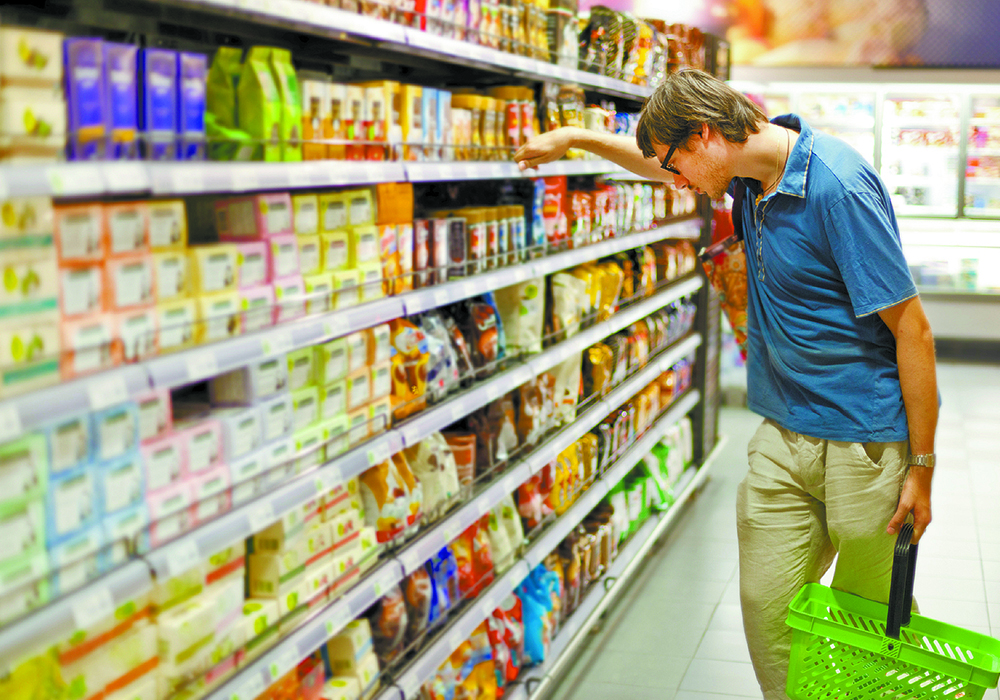A grocer code of conduct is coming to Canada.
The United Kingdom and Australia, where grocer oligopolies exist, have a similar code already. This is great news for consumers; in fact, it should be considered a minor miracle.
It all started in 2020 when Michael Medline, Sobeys’ big boss, told the Empire Club in Toronto that the major stores, including Walmart, Loblaws, Costco, Metro and Sobeys, were abusing their power by introducing all kinds of fees to their suppliers in a brutally random way.
Medline’s announcement sent shock waves through the industry, upsetting the in-group among retailers keen to continue intimidating the rest of the industry. At the time, Eric Laflèche and his team at Metro, for example, told reporters to ignore this issue and that the industry was fine. Total arrogance.
Read Also

Finding the sweet spot where ag science meets ag culture
Soon, many will look at practices such as seeding marginal acres to forage, growing cover crops and livestock integration and ask why they didn’t do this sooner.
Now, the public sees the major chains as public enemy No. 1. Our food retailers are accused of abuse and trickery daily. The famous dispute between Frito-Lay and Loblaws last year exposed the problem to the public. It was ugly, very ugly.
Marie-Claude Bibeau, the federal Minister of Agriculture, supported by André Lamontagne, Quebec’s Minister of Agriculture, took the lead by creating a committee to develop a code of conduct for the industry to give Canada’s food processors a chance to be heard. Since then, the project has become the responsibility of Lamontagne and Quebec.
The project is expected to establish a code that will help the industry, but above all, consumers.
Many Canadians are unaware that suppliers must pay grocers to do business. While the fee is justified by merchandising costs and shelf space, companies like Loblaws, Walmart, and Metro abuse the system. Some levies have been imposed quickly and unilaterally. It is now more difficult in Canada for food processors and independent grocers to compete.
A code of conduct for grocers should change the culture of an industry where vertical co-ordination and collaboration barely exist. It is also about tackling a broken business model.
A code can neutralize power relations within the chain, stabilize retail prices, emphasize value and innovation for consumers, improve the security of the domestic food supply and encourage investment in the agri-food sector.
The code is not about endorsing a police state or some attempt to nationalize our food distribution. The spirit of the code is to establish greater discipline and eliminate breaches of trust. Many supply chain relationships are dysfunctional, while public trust is at an all-time low.
The code will also allow for greater transparency, something we sorely lack at present. A secretariat will be created to enable industry to be accountable to itself and the public.
For some time now, with an inflation rate that has reached record levels, consumers have been increasingly frustrated at the grocery store. We want to better understand the mechanics behind pricing. Consumers do not feel informed or protected.
The code will help in these respects. The code will also help independent grocers who deserve a chance to compete against the bigger retailers. Innovation, variety and food congruity for all of us often go through the independents.
But it is a voluntary, government-co-ordinated and industry-led code. Compliance and consumer trust will be significant challenges. Time will tell if the code will be effective.
The irony is that in the beginning, food manufacturers wanted a code. Now, knowing that they are facing a crisis of confidence, grocers need the code, more than ever.
Sylvain Charlebois is senior director of the agri-food analytics lab and a professor in food distribution and policy at Dalhousie University. This article first appeared on the Troy Media website. It has been edited for length.















